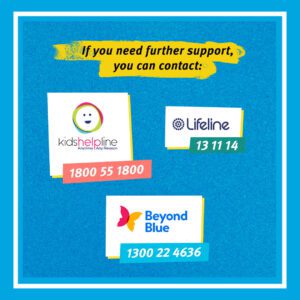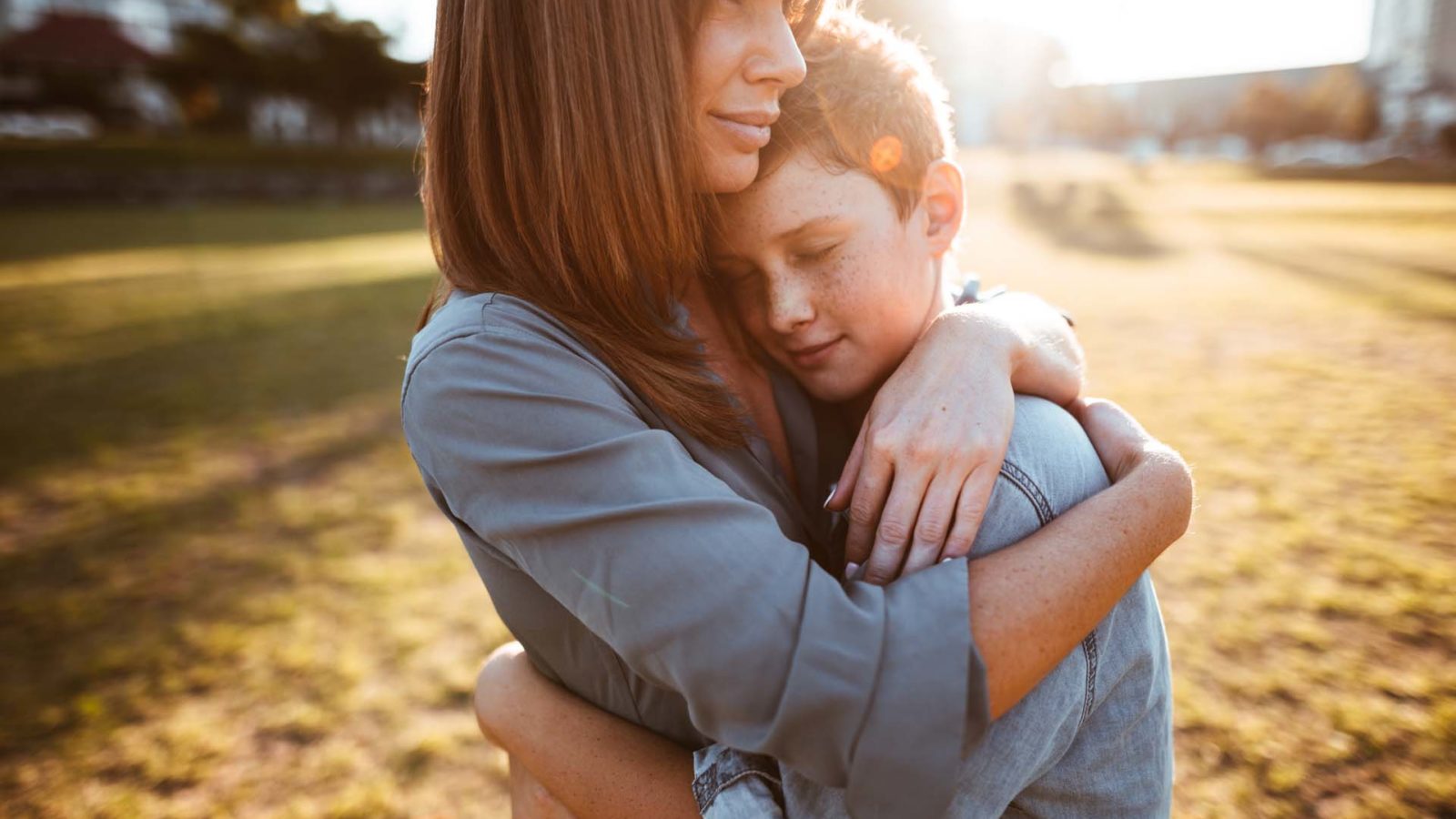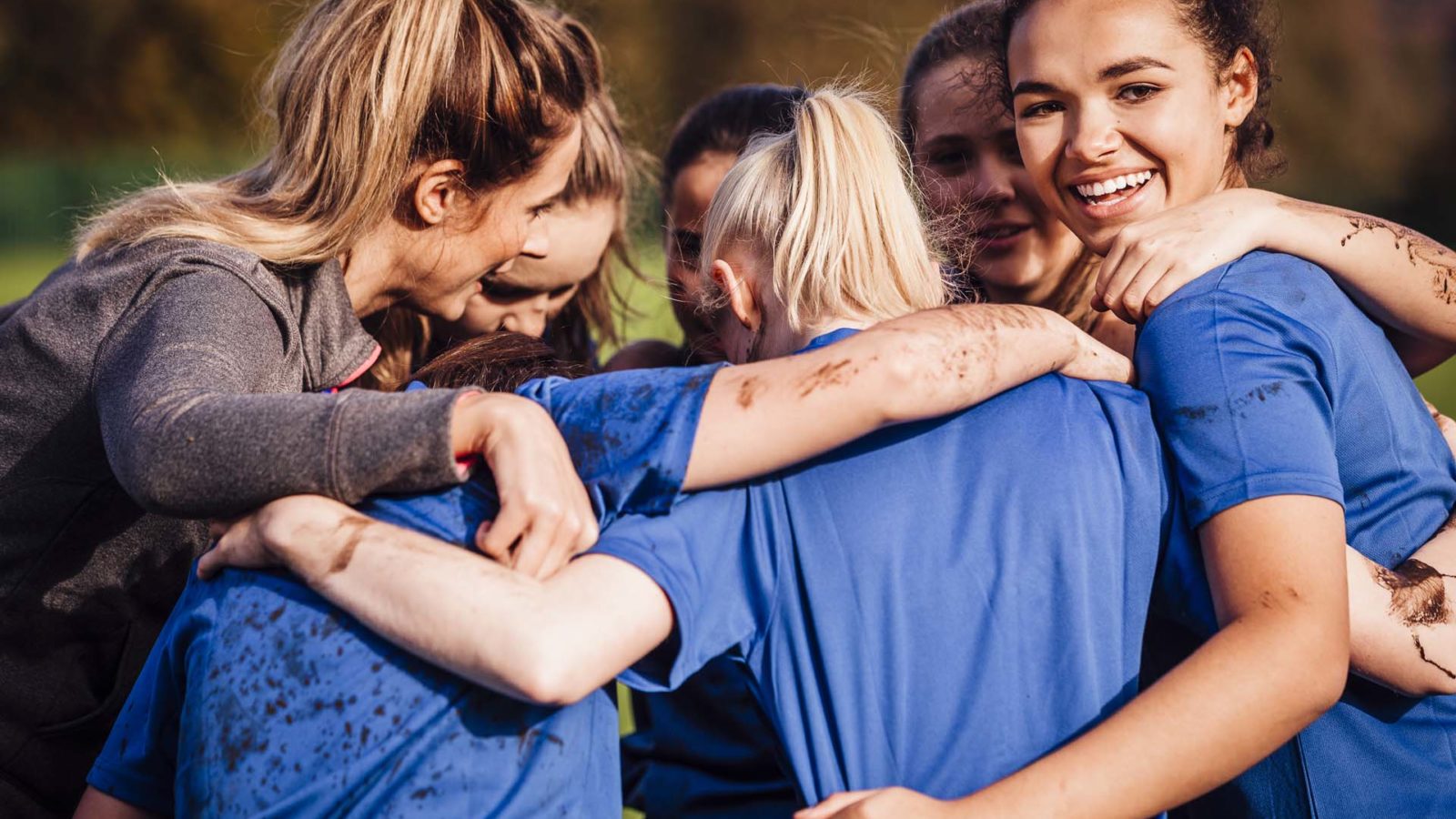Key Points
- Teenage brains are still developing.
- The part of the brain that controls how teens react to situations is the last part to develop.
- It’s normal for teenagers to make poor choices.
- Let them know you are there for them if they make a mistake.
During the teenage years, young people have to make many decisions about school, their friends, and their future. Yet, the parts of the brain that control decision-making don’t fully develop until early adulthood. So a teen’s developing brain places them at greater risk of making poor decisions and being less able to consider the consequences of their choices. Here are six things you can do to help your teens make good choices during this complicated time in their lives.
1. Connect and listen
Stay connected so when your teen needs to talk, you can guide them in making good choices. Talk to them about how to deal with difficult situations such as underage drinking, other drug use, bullying, violence, and suicide. Research shows that having open, honest conversations with your child, early and often, is one of the most effective tools you can use to help your teen make good choices.
2. Encourage your teen to stop and think
When teens feel excited, anxious or upset, they can struggle to make good choices. Talk to your teen about the role emotions play when making choices and how the part of their brain that controls decision-making is still developing. Explain to them why tackling a problem when they are calm and can use their thinking skills, not just their emotion, can help them make good choices. Guide your teen through these five steps to help them make good decisions.
3. Be aware of your teen’s big events
Be aware of the important events or milestones coming up in your teen’s life and try and connect with them so you can talk together about what’s on their mind and help them make good choices. For example, they might have to select their subjects for the new school year, design their SET plan, work out what path they want to take when they finish school, or make a decision about a social event their friends are organising. These kinds of milestones will require your teen to make a big decision, so keep track of what’s going on for them so you can guide them through it.
4. Establish rules and routines
Agreeing what you expect from your teen can encourage them to make good choices. Involve your teen in working out rules. When your teen is part of the process, they are more likely to stick to the rules. Agree in advance what the consequence will be if your teen doesn’t stick to the agreed rules. And be willing to review the rules as your teen shows responsibility and grows older. Use routines to support your teen in making positive choices. Routines bring structure and predictability to a teenager’s world which can help them manage their emotions and make better choices.
5. Encourage them
You can encourage your teen to make good choices through the comments you make. When you notice them making a good choice, reinforce to them that they are on the right path while encouraging their independence: “I can see that you really thought that through, and you seem happy with the outcome” will have more impact than “Great job! You’ve made me happy”. Remember to celebrate the little wins along the way because helping your teen to make good choices could take time. Every time you acknowledge your teen’s good choices, you are encouraging a positive mindset and giving them a taste of success which will motivate them to keep going.
6. Use mistakes as learning opportunities
Sometimes it’s hard to let your teen make a mistake. But there will be times – provided your teen is not putting themselves or others in danger – when it’s best to let them handle a situation their way. Dealing with mistakes can teach your teen many valuable life skills. Teens can learn about responsibility when they make a mistake. When a teen recognises their share in the outcome of a personal choice, they are more likely to accept some responsibility and consider the consequences of their choices more carefully next time. It can be quite powerful to let your teen know that everyone makes mistakes, including you, and talk to them about how you handle such situations so you can learn from them. When teens make poor choices, they learn how to handle negative emotions which is an important coping skill for life. They also learn how to adapt and problem solve as they deal with situations they may not have been expecting.
Make sure they are safe
If you believe your teen is at risk, or your teen mentions there is a threat to their safety or someone else’s, it is important you deal with this immediately. Keep calm, ask questions to assess the safety risk, and then get the help you need, without judging or blaming your teen. In this situation, keeping your teen close and letting them know you are there to help them really matters. It’s important your teen sees you dealing with this situation so they understand that protecting their safety and the safety of others is essential. Find out more about why teens make bad choices and how you can help your teen learn from their poor choices.

If your teen makes a poor choice at school
If your teen makes a poor choice at school, the school might contact you to discuss the consequences. In most situations, the consequence will reflect what is in the school’s which you and your teen are likely to be familiar with. If your teen’s behaviour results in a consequence you consider to be unfair, or they are subject to a serious disciplinary consequence, you can talk to the school. If you are unhappy with the outcome after you’ve talked to the school, you can discuss it with your local regional office or, in some circumstances, lodge a formal appeal. Where appropriate, the regional office may work with you and the school to review what has happened.
Seek help if your child needs it
While it’s normal for teens to make poor choices, if your teen is doing something that could harm themselves or others and/or is illegal, consider talking to a professional to seek help. There may be underlying issues relating to anxiety, drugs or alcohol. If you are concerned about your child’s mental health and wellbeing, please contact Beyond Blue, eheadspace, Lifeline or KidsHelpline.
Last Updated: 22 February 2024





